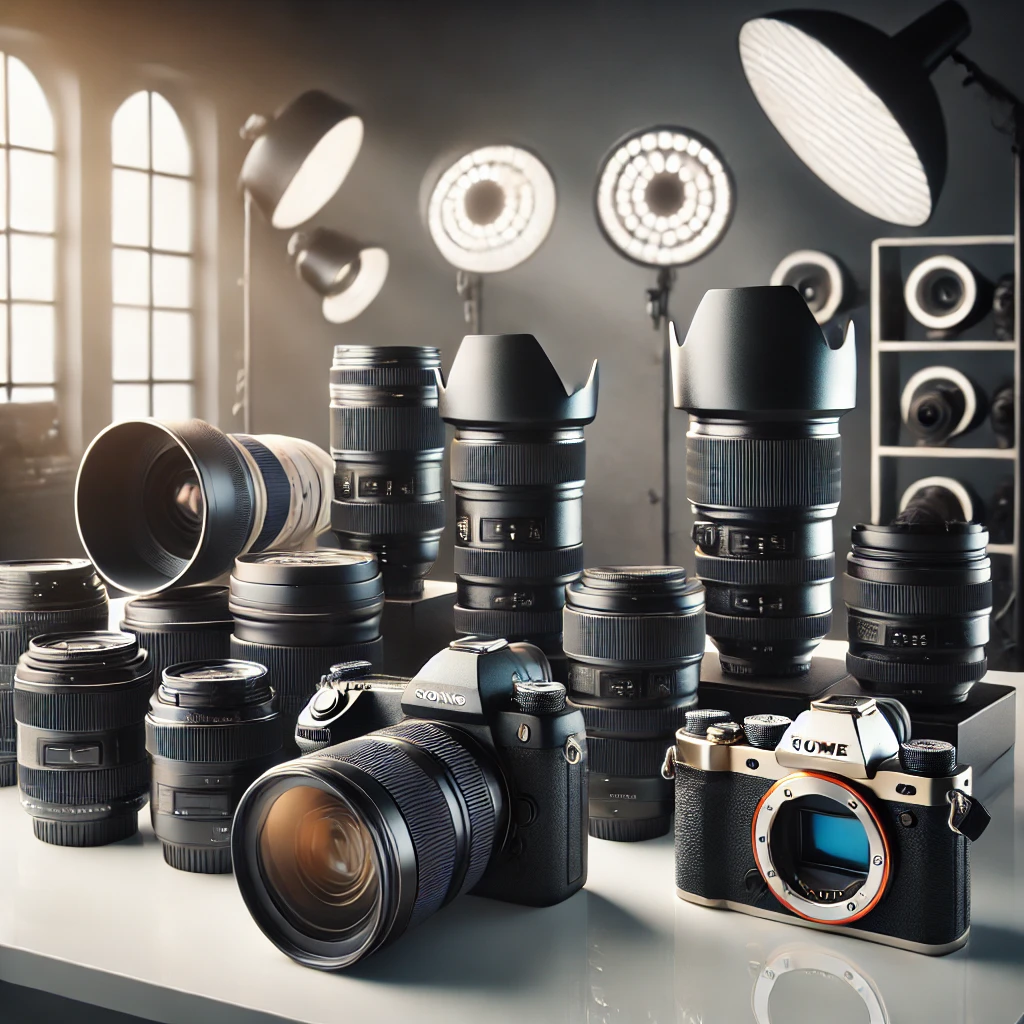Photography is an exciting journey, and selecting the right camera is a crucial first step. Whether you’re capturing moments for personal use, exploring photography as a hobby, or stepping into professional photography, the right entry-level camera can make all the difference. With a vast array of options available, it’s essential to find a camera that balances ease of use, quality, affordability, and upgrade potential. This comprehensive guide covers the best entry-level cameras, key features to consider, and expert tips to help you choose the ideal camera for your photography goals.
1. What Makes a Camera Ideal for Beginners?
Before diving into specific camera models, it’s essential to understand the key features that make a camera beginner-friendly:
1.1 Ease of Use
- Intuitive controls and an easy-to-navigate menu are vital for beginners.
- Automatic modes help new photographers get started without deep technical knowledge.
1.2 Image Quality
- A larger sensor (such as APS-C or full-frame) improves low-light performance and overall image quality.
- Megapixel count matters, but sensor size and image processing play a more significant role.
1.3 Autofocus Performance
- Fast and accurate autofocus (AF) systems ensure sharp images, especially in moving subjects.
- Face and eye detection AF can be useful for portraits.
1.4 Lens Compatibility
- Interchangeable lens cameras (DSLRs and mirrorless) offer flexibility for future growth.
- A good selection of affordable lenses ensures a camera can grow with you.
1.5 Video Capabilities
- Many beginners want a camera that shoots high-quality videos, preferably in 4K.
- Built-in stabilization helps smooth out handheld video footage.
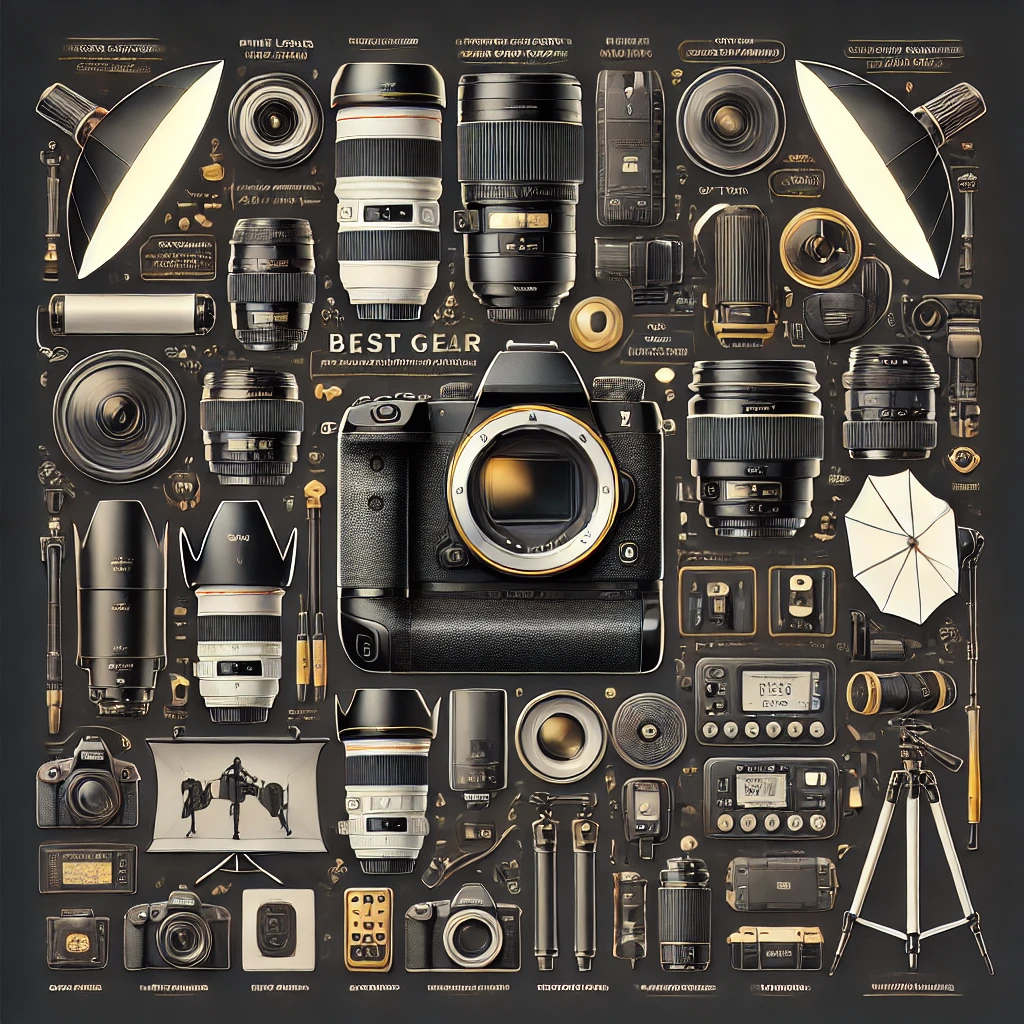
2. Top 5 Best Entry-Level Cameras for Beginners
2.1 Canon EOS R50 (Best Mirrorless for Beginners)
✔ 24.2MP APS-C Sensor
✔ 4K 30p Video with No Crop
✔ Dual Pixel Autofocus with Eye Tracking
✔ Compact and Lightweight Design
✔ Vari-Angle Touchscreen for Vlogs & Selfies
The Canon EOS R50 is an excellent choice for beginners who want professional-level features without the complexity. Its Dual Pixel Autofocus ensures sharp images, and its articulating screen is perfect for vlogging. With RF lens compatibility, it offers room for growth as your skills improve.
2.2 Nikon Z50 (Best Nikon for Beginners)
✔ 20.9MP APS-C Sensor
✔ 4K UHD Video with No Crop
✔ Fast Hybrid Autofocus System
✔ Compact and Weather-Sealed Body
✔ Great Low-Light Performance
The Nikon Z50 is one of the best mirrorless options for beginners, especially those who want excellent image quality in a compact and weather-sealed body. With Nikon’s Z-mount lenses, it offers great upgrade potential.
2.3 Sony ZV-E10 (Best for Vlogging & Video)
✔ 24.2MP APS-C Sensor
✔ 4K Video with Cinematic Profiles
✔ Real-time Eye Autofocus
✔ Flip-out Screen & Mic Input
✔ Great for Content Creators
The Sony ZV-E10 is tailored for content creators and vloggers who want a lightweight, powerful camera with 4K video capabilities and excellent autofocus. It also supports interchangeable lenses, allowing you to expand your creative potential.
2.4 Fujifilm X-T30 II (Best for Retro Enthusiasts)
✔ 26.1MP X-Trans Sensor
✔ Film Simulation Modes for Classic Looks
✔ Advanced Autofocus System
✔ Compact & Stylish Design
✔ Great Color Science for Stunning JPEGs
For those who appreciate classic camera aesthetics and outstanding image quality, the Fujifilm X-T30 II is a fantastic choice. It’s lightweight, features film simulation modes, and produces stunning JPEGs straight out of the camera.
2.5 Canon EOS Rebel T8i (Best Beginner DSLR)
✔ 24.1MP APS-C Sensor
✔ Dual Pixel Autofocus
✔ Optical Viewfinder for Traditional DSLR Feel
✔ 4K Video & Vari-Angle Screen
✔ Long Battery Life
For those who prefer DSLR cameras, the Canon EOS Rebel T8i offers great image quality, interchangeable lenses, and a traditional optical viewfinder. It’s a fantastic learning tool for photographers who want to experiment with manual settings.
3. Essential Accessories for New Photographers
Memory Cards
- Get at least 64GB storage with high-speed write speeds.
- Brands: SanDisk Extreme Pro, Lexar Professional.
Tripods & Stabilization
- A lightweight tripod helps with long-exposure shots and video.
- Recommended: Manfrotto Befree, Joby GorillaPod.
Lenses to Consider
- 50mm f/1.8 for portraits.
- Wide-angle lens for landscapes.
- Zoom lens for flexibility.
Editing Software
- Beginners can start with Adobe Lightroom or Capture One.
- Free alternatives: Darktable, Snapseed.
4. Conclusion: Choosing the Best Entry-Level Camera
Choosing the right camera depends on your needs, budget, and future growth potential. If you prioritize versatility and advanced features, mirrorless options like the Canon EOS R50 or Nikon Z50 are great. If you’re into vlogging, the Sony ZV-E10 is ideal. DSLR lovers will appreciate the Canon EOS Rebel T8i.
No matter which camera you choose, remember that practice, creativity, and patience are the most valuable tools in photography.
FAQs
1. What is the best entry-level camera for beginners?
The Canon EOS R50 and Nikon Z50 are excellent beginner-friendly choices due to their ease of use, image quality, and upgrade potential.
2. Should I get a DSLR or a mirrorless camera?
Mirrorless cameras are more compact, have faster autofocus, and offer better video features. DSLRs have better battery life and optical viewfinders, which some photographers prefer.
3. Is 4K video important in a beginner camera?
If you plan to shoot videos or vlogs, 4K is a valuable feature. For photography-only users, it’s not essential.
4. Can I use a beginner camera for professional work?
Yes! Many entry-level cameras offer great image quality and can be used for professional work, especially with the right lenses and accessories.
5. What is the best budget camera for photography?
The Canon EOS Rebel T8i and Sony ZV-E10 offer excellent value at an affordable price.
Book your best entry-level cameras now with The Candid Shoot and create timeless memories today!

Sony Alpha a7 IV: The Ultimate Camera for Photography
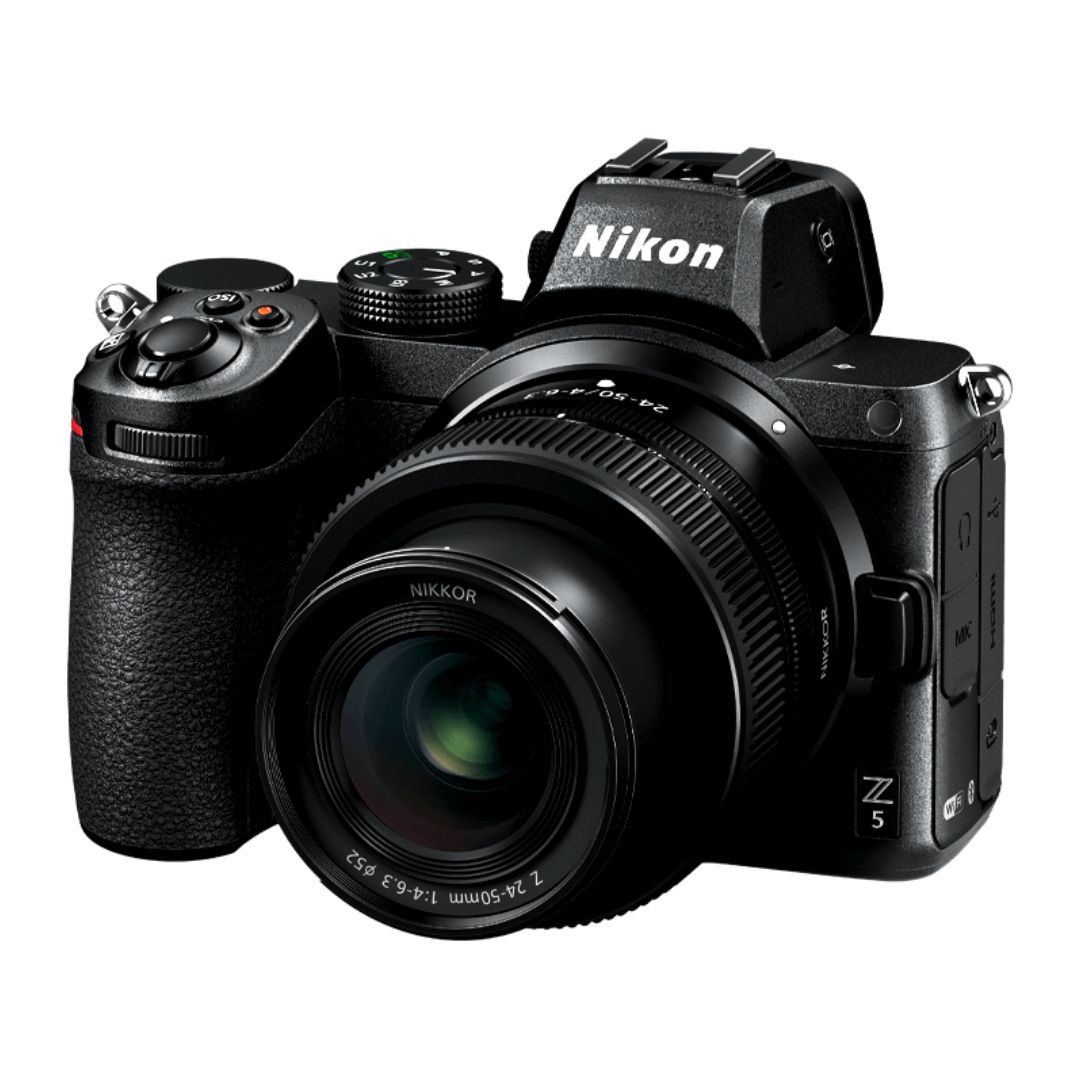
Nikon Z5 Review: Is It Worth It?
-
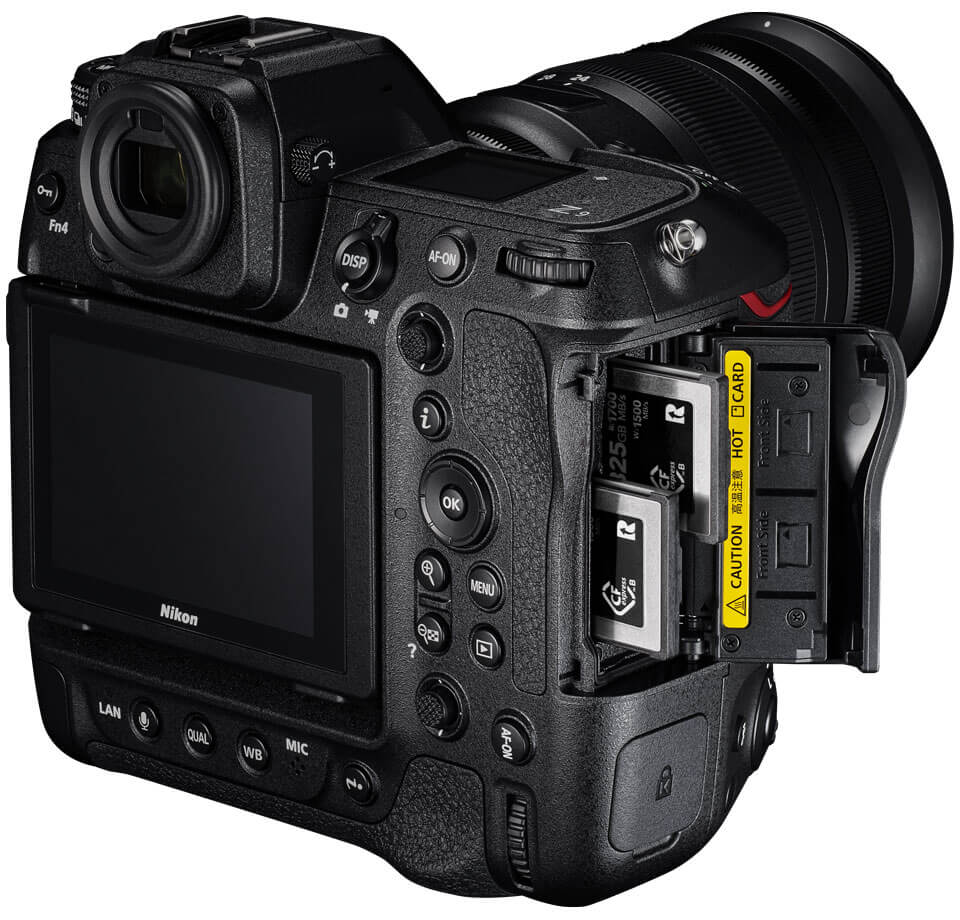
Nikon Z9 : Game-Changer for Photography
-
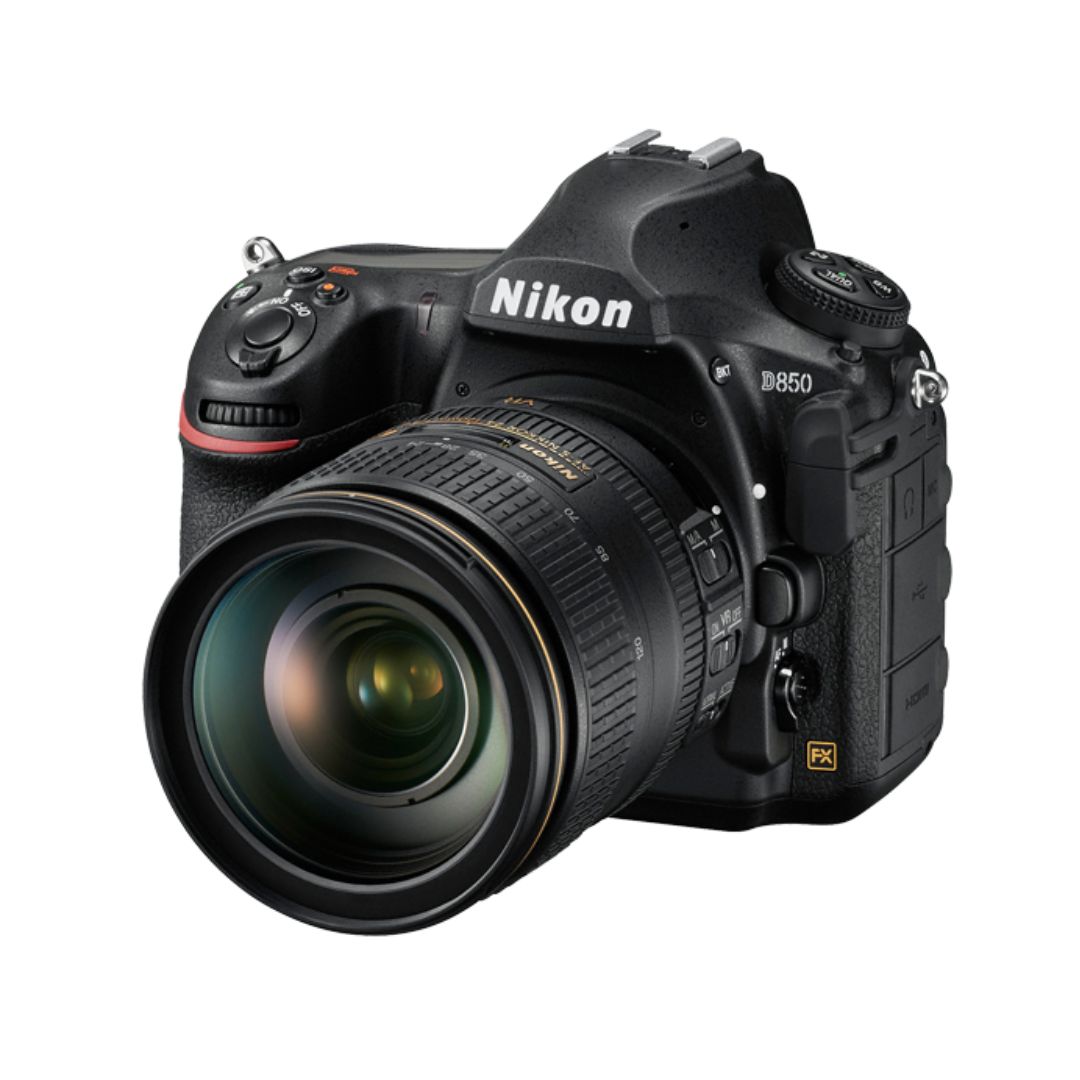
Top Features of Nikon D850 That Make It Ideal for Portfolio Shoots
Sony Alpha a7 IV: The Ultimate Camera for Photography
Explore the Sony Alpha a7 IV in this complete 2025 review. Learn how its pro-level features, real-world performance, and hybrid flexibility make it the ultimate camera for photography across genres like portraits, weddings, travel, and commercial work. Table of Contents Section 1: Introduction – Why the Sony Alpha a7 IV Stands Out The Sony Alpha…
Nikon Z5 Review: Is It Worth It?
In 2025, photographers—whether hobbyists, content creators, or professionals—seek equipment that blends value, performance, and future-readiness. Enter the Nikon Z5, a full-frame mirrorless camera marketed as a gateway to high-end imaging without a flagship price tag. But how well does it hold up under real-world demands like studio shoots, weddings, landscape adventures, and lifestyle photography? In…
Nikon Z9 : Game-Changer for Photography
Discover why the Nikon Z9 is considered a true game-changer for photography. This in-depth Nikon Z9 review explores key features, real-world performance, and how it excels in professional photo shoots in 2025. Table of Contents 1. Introduction The photography world witnessed a significant shift with the launch of the Nikon Z9, a flagship mirrorless camera…
Top Features of Nikon D850 That Make It Ideal for Portfolio Shoots
Discover why the Nikon D850 is the ultimate DSLR for portfolio shoots. Explore its top features—from resolution and dynamic range to autofocus precision and workflow speed—that help photographers create stunning, high-impact images for professional portfolios. Whether you’re a portrait artist, fashion photographer, or visual storyteller, a portfolio shoot demands technical excellence, creative flexibility, and uncompromised…
Candid Moments with Canon EOS R10: Lightweight & Reliable
In the evolving world of mirrorless photography, the Canon EOS R10 stands out as a lightweight yet powerful camera tailored for real-life storytelling. Whether you’re photographing street scenes, family gatherings, weddings, or spontaneous portraits, capturing genuine emotion requires a responsive and discreet tool. This article dives deep into how the Canon EOS R10 excels in…
Bold Portraits with Canon EOS R5: Is It the Best for Work?
Studio photography has always demanded precision, artistry, and impeccable gear. As the expectations for commercial portraits, fashion campaigns, and editorial work continue to rise, the tools we use must evolve. Enter the Canon EOS R5, a camera that has stirred the professional waters with its impressive technical specs and forward-thinking design. In this comprehensive Canon…


